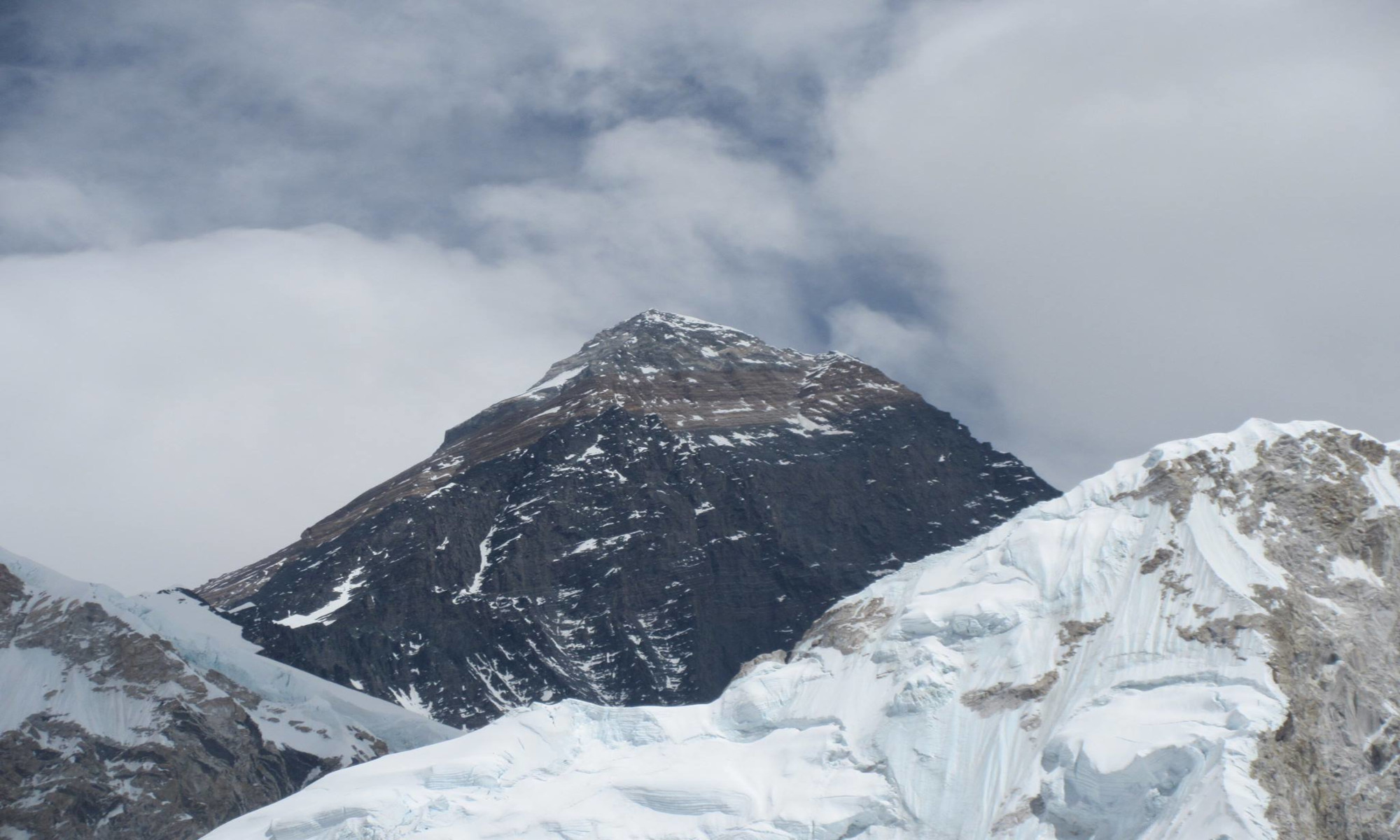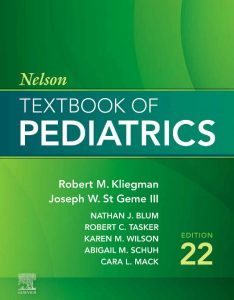◎ネルソン「小児科学」新版購入
「溶連菌感染」の総説を調べたくて、”Nelson Textbook of Pediatrics 22th Edition” を少々値が張ったが、Kindle 版で購入した。紙の本で持っていたのが、19th Edition だから、だいぶ改訂されているようだ。
以前の版では、「まえがき」が格調高かったのを覚えている。
Children are the world’s most important resource. Pediatrics is the sole discipline concerned with all aspects of the well-being of infants, children, and adolescents, including their health; their physical, mental, and psychologic growth and development; and their opportunity to achieve full potential as adults. Pediatricians must be concerned not only with particular organ systems and biologic processes, but also with environmental and social influences, which have a major impact on the physical, emotional, and mental health and social well-being of children and their families.
その訳文
子供たちは世界で最も重要な資源です。小児科学は、乳幼児、児童、および青少年の健康、身体的、精神的、心理的な成長と発達、そして成人として潜在能力を最大限に発揮する機会など、彼らの幸福のあらゆる側面を扱う唯一の学問分野です。小児科医は、特定の器官系や生物学的プロセスだけでなく、子供とその家族の身体的、情緒的、精神的な健康や社会的な幸福に大きな影響を与える環境や社会的な影響にも配慮しなければなりません。
冒頭の “Children are the world’s most important resource. ” が特に印象的だった。19版が、2011年発行とあるから、あれから、13年経過したんだ!
長くなるが、今回の 22版の序言はこうだ。
Since the late 19th century, pediatrics has been the only discipline dedicated to all aspects of the care and well-being of infants, children, and adolescents, including their health— their physical, mental, social, and psychologic growth and development— and their ability to achieve full potential as adults. The importance of scientific inquiry and research discovery in pediatrics and related subspecialties was cemented by the creation of the National Institute for Child Health and Development (NICHD) in 1962. As the earliest pediatricians focused on social and environmental issues that affected health (e.g., housing, sanitation, and poverty), so too are today’s pediatricians (e.g., racism, poverty, and other socioenvironmental influences). In 1959 the United Nations (UN) issued the Declaration of the Rights of the Child, articulating the universal presumption that children have fundamental needs and rights. However, the United States is the only UN member that has not yet ratified these rights. The pediatrician’s purpose is to advance the well-being of children, and thus pediatricians must be concerned with specific organ systems, genetics, and biologic processes and also with environmental, psychosocial, cultural, and political influences, all of which affect the health and well-being of children and their families. Pediatricians must be advocates for the individual child, their families, and communities because children cannot advocate wholly for themselves. Pediatricians must serve as advocates of all children irrespective of culture, religion, gender/ gender identity, sexual orientation, race or ethnicity, ability, place of birth, or geographic boundaries. The more politically, economically, or socially disenfranchised a population is, the greater the need for advocacy for its children and for those who support children. Youth are often the most vulnerable persons in society, and thus their needs require special attention. As boundaries between nations blur through advances in media, transportation, technology, communication, and economics, a global, rather than a national or local, perspective for the field of pediatrics becomes both a reality and a necessity. The interconnectedness of health issues across the world has achieved widespread recognition in the wake of new and emerging illnesses, such as COVID-19, Zika, Ebola, and severe acute respiratory syndrome (SARS), as well as familiar and persistent illnesses, such as malaria, tuberculosis, HIV/ AIDS, and vaccine-preventable illness. Additionally, health issues transcend communicable disease and are influenced by global events, such as war, ethnic wars, mass shootings, bioterrorism, the burning of the Amazon rainforest, and the growing severity of wildfires, storms, drought, and hurricanes brought about by climate change to very specific events, such as the earthquake in Haiti in 2010; the displacement of families during the Syrian refugee crisis in 2016– 2018; the White supremacist attack on a mosque in Christchurch, New Zealand, livestreamed in 2019; and George Floyd’s and Breonna Taylor’s murders in 2020.
その訳文
19世紀後半以来、小児科学は、乳児、子供、および思春期の若者たちの健康(身体的、精神的、社会的、心理的な成長と発達)や、成人になっても潜在能力を最大限に発揮する能力など、そのケアと幸福のあらゆる側面を専門とする唯一の学問分野です。小児科学および関連するサブスペシャリティにおける科学的探究と研究の発見の重要性は、1962年に国立小児保健発達研究所(NICHD)が設立されたことで確固たるものとなりました。初期の小児科医が健康に影響を与える社会問題や環境問題(例えば、住宅、衛生、貧困)に注目していたように、今日の小児科医も(例えば、人種差別、貧困、その他の社会環境の影響)に注目しています。1959年、国連(UN)は「児童の権利に関する宣言」を発表し、子どもには基本的なニーズと権利があるという普遍的な前提を明確にしました。しかし、米国はこれらの権利を批准していない唯一の国連加盟国です。小児科医の目的は、子どもの幸福を促進することであり、そのため小児科医は特定の器官系、遺伝、生物学的プロセス、および環境、心理社会的、文化的、政治的影響に配慮しなければなりません。これらはすべて、子どもとその家族の健康と幸福に影響を与えます。小児科医は、個々の子ども、その家族、そして地域社会の代弁者とならなければなりません。なぜなら、子どもたちは自分自身を完全に代弁することができないからです。小児科医は、文化、宗教、性別/性自認、性的指向、人種や民族、能力、出生地、地理的境界に関わらず、すべての子どもたちの代弁者とならなければなりません。政治的、経済的、社会的に権利を奪われた人々が多いほど、その子どもたちや子どもたちを支援する人々に対する代弁の必要性は高まります。若者は社会で最も弱い立場にあることが多く、そのニーズには特別な注意が必要です。メディア、交通、テクノロジー、コミュニケーション、経済の発展により国家間の境界が曖昧になるにつれ、小児科の分野では、国家や地域単位ではなくグローバルな視点が現実のものとなり、必要不可欠なものとなっている。世界中で相互に影響し合う健康問題は、新型コロナウイルス感染症(COVID-19)、ジカ熱、エボラ出血熱、重症急性呼吸器症候群(SARS)などの新興感染症や、マラリア、結核、HIV/エイズ、ワクチンで予防可能な感染症といったよく知られた持続的な感染症の流行により、広く認識されるようになりました。さらに、健康問題は伝染病の枠を超え、戦争、民族紛争、大量銃乱射事件、バイオテロ、アマゾンの熱帯雨林の焼失、気候変動による山火事、暴風雨、干ばつ、ハリケーンの深刻化といった世界的な出来事や、2010年のハイチ地震 、2016年から2018年のシリア難民危機による家族の離散、2019年にライブ配信されたニュージーランド・クライストチャーチでの白人至上主義者によるモスク襲撃事件、そして2020年のジョージ・フロイド氏とブリーオナ・テイラー氏の殺害事件など、非常に特定の出来事をもたらしました。
この13年間、残念なことに。子どもを取り巻く環境は、よりシビアに、より複雑化している。序文に述べられている事柄も、より長文にならざるを得ないだろう。序文には記載がないが、枚挙をいとわずに言うならば、今日《こんにち》、ウクライナやガザでの子どもをはじめとする犠牲もその例であるだろう。それに、国連の「児童の権利に関する宣言」をアメリカが国連加盟国で唯一批准していないとの部分は、著者らの静かな怒りを感じる。ともあれ、老後の楽しみの一つとして、翻訳ソフトの力も借りながら、少しづつ読み進めることにしよう。
「Pediatricianでつくづくよかったと思うのは、少し大げさかな?」とは、以前書いた。

